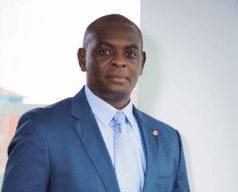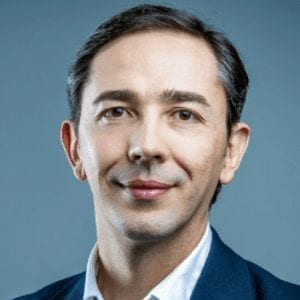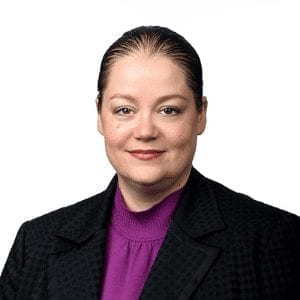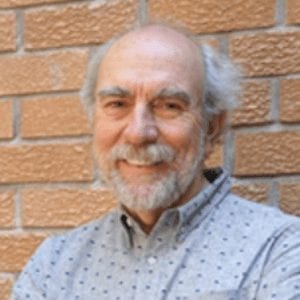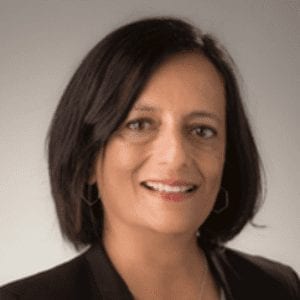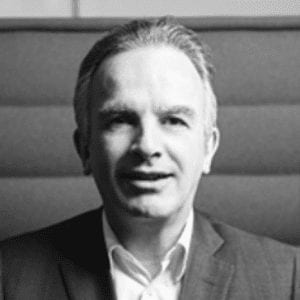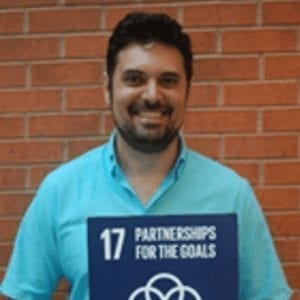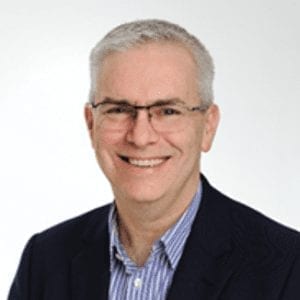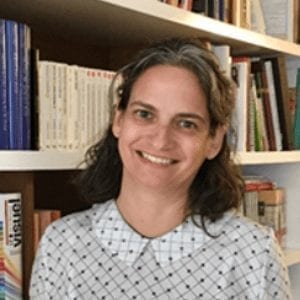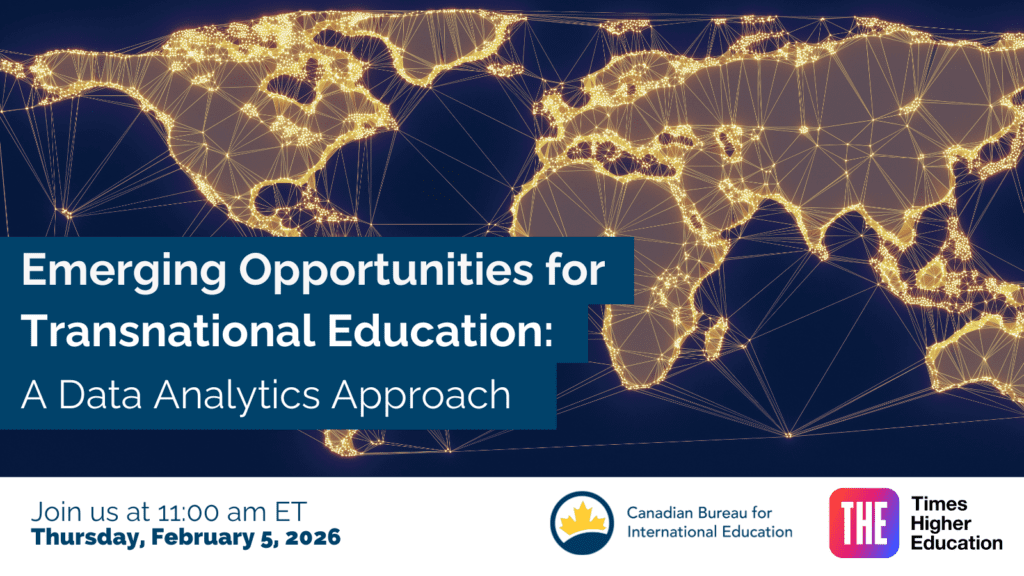Session Overview
On behalf of the International Relations Professional Learning Community in Canada, we are pleased to welcome you to the Internationalization and the SDGs event. This gathering aims to provide a forum for universities and their collaborators to exchange ideas, experiences and strategies around the challenges and opportunities involved in international collaboration to advance the UN 2030 SDGs Agenda.
We are delighted to have in attendance guests from different universities, governments and foreign representatives from various countries. We hope you will have the opportunity to network and learn more about how you can further advance Internationalization and the SDGs. We wish you an informative and fruitful event!
Context
The United Nations (UN) Sustainable Development Goals (SDGs) 2030 Agenda is a global framework between 193 UN Member States. Composed of 17 goals, 169 targets, and 223 indicators, the SDGs aim to tackle the world’s most pressing challenges including poverty, hunger, and inequality, while ensuring social inclusion, environmental sustainability, economic prosperity, peace and good governance. Universities are hubs for knowledge, discovery, and innovation that can provide the expertise, resources, and know-how to contribute and move the UN 2030 Agenda forward. In this context, International Offices within universities are particularly well positioned to serve as active agents and contributors to both local and global communities.
In an effort to recognize and capture the universities’ impact on society, the Times Higher Education (THE) has recently launched the Impact Rankings, which measure progress made by universities on delivering on the SDGs. While acknowledging the debates around rankings and methodologies, it does offer a tool by which universities are assessed on their efforts and ability to reflect and act on their own commitments to address global challenges.
Most recently, the coronavirus (Covid-19) pandemic has exposed huge inequalities – which have always existed – both between and within countries, and at the same time, has opened a deeper discussion on the role universities play in contributing to the implementation of the UN 2030 Agenda. This pandemic has shown that addressing global challenges requires universities to dedicate their efforts collectively, using creative and innovative approaches, as no single country, institution or individual can address them alone. The SDGs can serve as a set of guiding principles that guide universities in translating their core values, missions, and aspirations into measurable, comparable, and sustainable impacts, leading to more equitable outcomes. This approach would allow universities to embed our practices within a humanitarian context, ensuring that “no one is left behind”.



